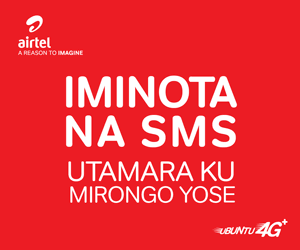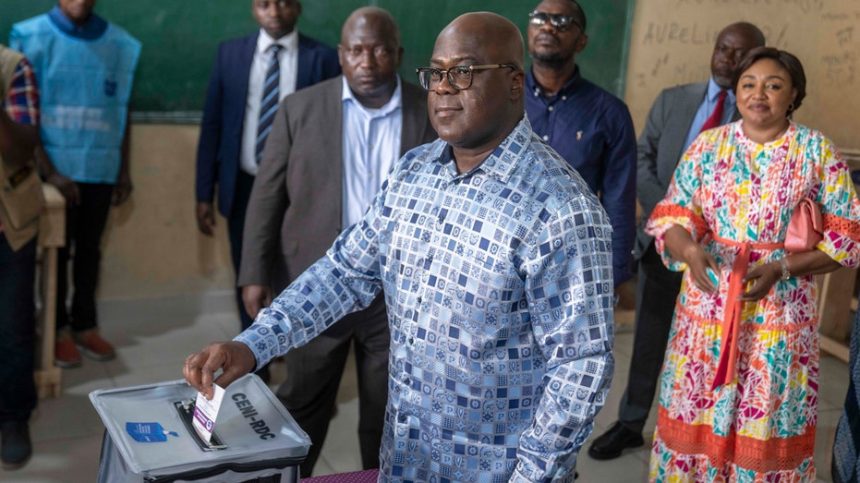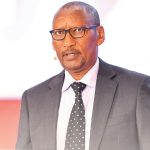Development aid programs money may have been diverted to finance the controversial December 20 elections in Democratic Republic of Congo critics have warned.
Almost U$141.3 million was used to stage the Presidential and legislative elections that saw Felix Tshisekedi claim a second term in office.
In the DRC, the election budget is a sensitive, complex and debated subject.
While public opinion is wondering about the sources of financing for the last elections of December 20, 2023, the accountability services reveal that budgetary support from the World Bank would have been used to pay for the expenses of the presidential, national legislative and provincial contributions to the tune of $141.3 million.
This information has caused an outcry within several civil society structures, including the “Congo is not for sale” coalition (CNPAV). Jimmy Kande, member of CNPAV, interviewed by local media believes that the use of budgetary support to finance elections is contrary to the principles of good governance and transparency.
Kande also fears that this could have caused diversion of funds meant for other important sectors such as education and health, and contribute to corruption and the weakening of democracy.
On June 28, 2022, at the end of negotiations with the Congolese Government, the World Bank announced the approval of U$750 million in support to support governance, connectivity, transport and digital technology in the DRC.
On March 29, 2023, new aid of U$900 million was approved for the DRC to finance fundamental economic governance reforms and a girls’ learning and empowerment project.
Questioned on this subject, sources in the office of the Ministry of Finance did not wish to react. Enough to raise doubts in public opinion.
“Our main mission is to organize the elections in compliance with standards,” local media quoted a source from the Independent National Electoral Commission on condition of anonymity.
The source added, “as for the financing of the elections, the money comes from the public treasury and is transferred to the accounts of the CENI. We have no right to question the origin of the funds.”
In the DRC, the management of budget support raises the question of the impact of development aid programs.
In its report monitoring the execution of the Finance Law for the 2022 financial year, the Court of Auditors also highlighted the poor allocation of budgetary support.
Rawbank, for example, benefited from investment payments of around U$8.3 million. This Fund from the African Development Bank (AfDB) is meant to improve intervention capacities in favour of small and medium-sized enterprises and microfinance establishments run by women.
The Court of Auditors also noted the misuse of U$64.4 million from the ADB, was to finance the project to operationalize the Maluku special economic zone.
This project aims to greatly help increase the economic power of the country, according to specialists.








